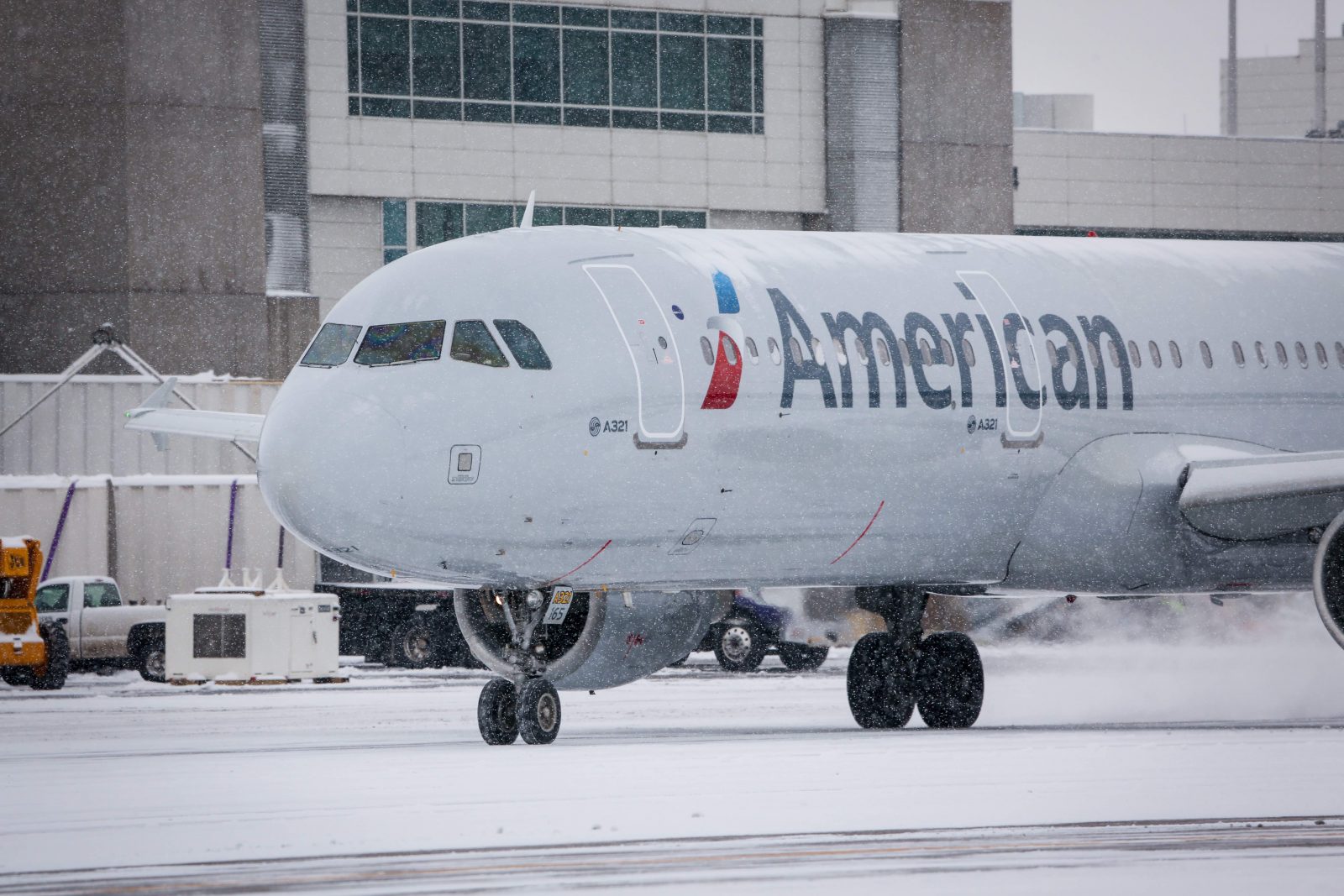
When American Airlines released its full-year financial results for 2018 at the end of last week, it also said it would make its workplace culture a “competitive advantage” because “taking care of team members translates into better customer care.” There’s just one big problem with what is otherwise a great sentiment – a good proportion of the airline’s employees and especially its 25,000 flight attendants don’t feel particularly valued or looked after.
Some have gone so far as to describe the culture as “toxic” and lay the blame squarely at the foot of American’s longtime chief executive, Doug Parker. And it’s not just flight attendants that feel this way – many frequent flyers also think its time for the 56-year CEO to call it quits before the chorus of calls for him to resign grows too loud to be ignored. Many continue to fly with the airline, not because they enjoy the experience but because of its dominance at key hubs across the United States.
It wasn’t so long ago that American Airlines claimed it was “Going for great” – that’s not a phrase you see or hear nowadays. Instead, both employees and passengers are at best perplexed about what the airline’s strategy is at the moment.
“Going for mediocre” would probably be a better brand motto right about now – doing everything possible to improve the airline’s margins but clashing with both employees and passengers as it does so. Flight attendants, in particular, feel like they’re being targeted in American’s relentless pursuit to increase its profits at all costs.
Here’s just a quick recap of some of the latest developments:
Describing what it was doing to improve workplace culture, American congratulated itself on finally integrating legacy US Airways flight attendants and legacy AA flight attendants into a single workforce. But flight attendants will probably remember this “success story” as the introduction of a controversial points-based performance and attendance program.
The program attracted the ire of the Association of Professional Flight Attendants (APFA) who filed a grievance to be overseen by an independent arbitrator, describing it as “oppressive, unreasonable” and saying the program was a blunt tool that didn’t take into consideration individual circumstances. Flight attendants are up in arms over the program but rather than listening to well-founded concerns, American has instead not only pushed ahead with the policy but has now delayed the arbitration for reasons still as yet unknown.
Then there’s the profit sharing bonus: American says it has earmarked $175 million for the bonus pot – a sum not to be sniffed at but when compared with rivals, it’s pretty mean. By contrast, Atlanta-based Delta is sharing a whopping $1.3 billion with its employees while United has set aside $334 million. Even Alaska Airlines, which is far smaller than American, will doll out $120 million in bonus payments.
Then there’s the toxic uniform scandal, the “optimizer” scheduling system that is accused of leaving flight attendants fatigued, and other issues with rosters that have left flight attendants dumbfounded. American has seemingly ignored or explained away all of these concerns. The airline hasn’t even positively enacted a new FAA rule that requires flight attendants to have at least 10-hours rest between flights because it hasn’t been fully implemented.
The long-term strategy appears clear – dissuade flight attendants from pursuing long-term careers and instead ‘encourage’ them to leave after a few years. It’s an idea that has worked at plenty of other airlines although it’s unlikely that flight attendants will let it pass without a fight.
And now Jill Surdek, the airline’s vice president of flight service has gone and inflamed tensions still further – recently occupying a jumpseat and then performing flight attendant duties while on her way to Philadephia for a base visit. She may well have thought she was being helpful but instead APFA says she showed “complete disrespect” for its members.
So, what does American plan to do this year to actually improve the workplace culture – well, an internal document goes into a little more detail about how it will “make culture a competitive advantage”:
 American will certainly have an uphill battle to persuade its employees that it means what it says. And if it fails, expect more protests and calls for Parker to step down.
American will certainly have an uphill battle to persuade its employees that it means what it says. And if it fails, expect more protests and calls for Parker to step down.
Mateusz Maszczynski honed his skills as an international flight attendant at the most prominent airline in the Middle East and has been flying ever since... most recently for a well known European airline. Matt is passionate about the aviation industry and has become an expert in passenger experience and human-centric stories. Always keeping an ear close to the ground, Matt's industry insights, analysis and news coverage is frequently relied upon by some of the biggest names in journalism.







